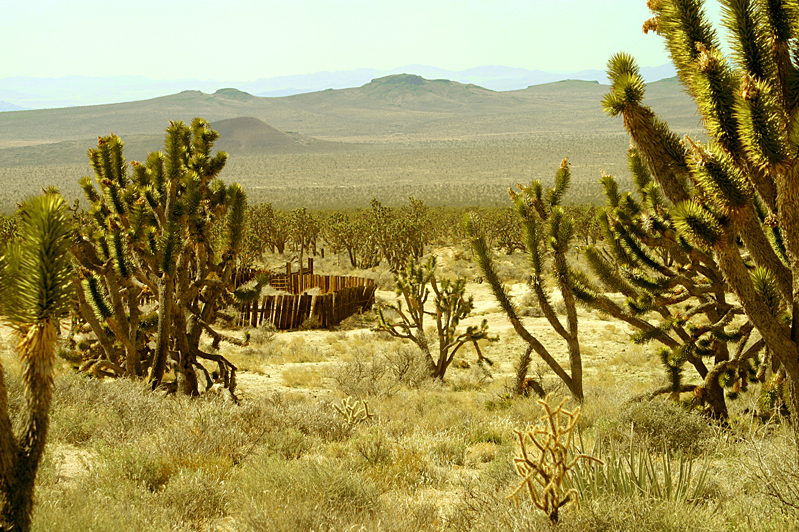
Christians may hear the still voice of God in the wild of Californian deserts, says Mary Ann Swenson, Bishop of the United Methodist Church, now that U.S. President Barack Obama designated the following 1.8 million acres of wild California desert as national monuments: Mojave Trails, Sand to Snow and Castle Mountains.
Swenson is an ecumenical officer who resides in Pasadena, Calif. She said the California desert is a holy place, filled with spiritual values and important lessons.
"As Christians, this is a significant event. We know Jesus' spiritual path included spending time in the desert wilderness to contemplate his purpose. Now, we, like Jesus and so many others, can have the beauty, solitude, dark night skies and wild nature of the desert from which to draw inspiration, practice our faith and grow better," she said.
The California desert is a place where elusive values remain, and they are vital for humankind, stated Swenson. "We have a spiritual heritage to protect, and with these three monument designations, Christian communities will forever have these living sanctuaries where we can practice our faith."
Swenson said quality time caring for and learning about the natural world is an important element of many narratives in the Bible: Adam and Eve's call to till and keep the earth; Moses' call to leadership, the Israelites' exodus; Elijah's prophetic vision; John the Baptist's preparation to herald Christ; and Jesus' testing for ministry. "All were shaped by God through wilderness experiences. Jesus and his disciples frequently retreated to wilderness areas to escape the crowds, to pray and to renew themselves for ministry."
St. Paul wrote that people who claim they don't know God are without excuse, Swenson points out, because God's invisible qualities and divine nature are revealed in what God has created.
Swenson joined 20 Christian leaders who were responsible for shepherding more than 1,880 churches in and near California, and signed a letter to four government leaders who were instrumental in protecting this land: President Obama, Interior Secretary Sally Jewell, Agriculture Secretary Tom Vilsack and California Sen. Dianne Feinstein.
The religious leaders' "thank you" letter of gratitude also included a commitment: "As religious leaders, we resolve to do our part to foster appreciation for the treasures of our national parks and monuments. We will call on Christian communities to deepen appreciation of the ecological and cultural wonders of the California desert, as well as celebrate God's beautiful creation, by visiting these newly designated monuments."
Obama leveraged the Antiquities Act of 1906 to designate these wild lands as monuments. The striking diversity of the preserved lands is breathtaking: They are filled with the stories of ancient peoples, soaring mountain peaks, critical wildlife corridors and rich biological diversity. They also offer a wide variety of recreation opportunities for urban populations living close to the shadows of these majestic mountain peaks. For example, the San Gorgonio Mountain region serves as an important recreational hub for 24 million people living within a two-hour drive of the area.
Swenson said her prayer is that these monument designations, the vibrant Christian community advocacy for their establishment and the response to their designation, demonstrate that people are in a season of Christian appreciation for learning about God through God's creation.






